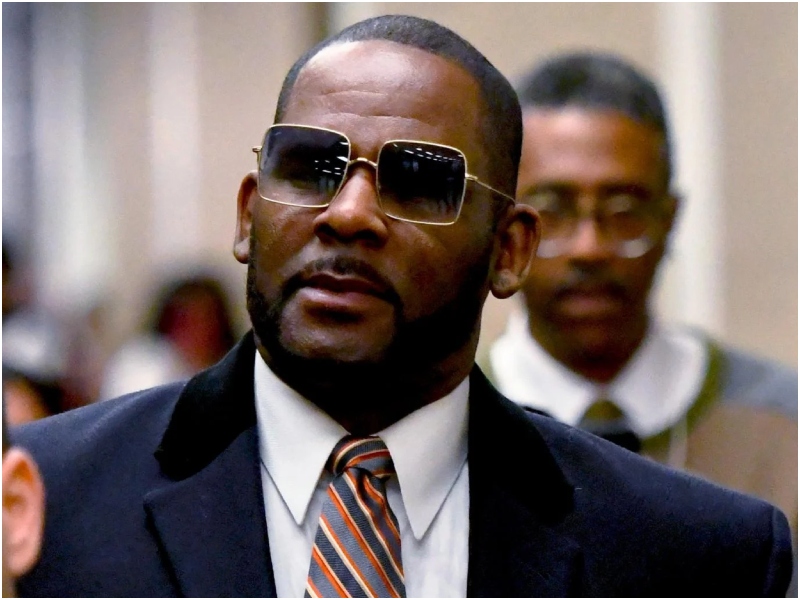On July 30, 2024, R. Kelly, the convicted recording artist, submitted a petition to the Supreme Court seeking to overturn his federal convictions for sex crimes.
Kelly’s attorney, Jennifer Bonjean, contends that the convictions from his Chicago trial—specifically for possession of child pornography and enticing minors to engage in sexual activity—should be vacated due to an alleged violation of the statute of limitations.
R. Kelly is currently serving a 30-year sentence in North Carolina following his 2021 conviction in New York for sex trafficking. In 2023, he received an additional 20-year sentence from a Chicago court.
Bonjean argues that the charges for which Kelly was convicted in Chicago relate to conduct that occurred in the 1990s, before the enactment of the PROTECT Act in 2003, which extended the statute of limitations for sex crimes involving minors to an indefinite period.
In the petition to the Supreme Court, Bonjean asserts that the application of the PROTECT Act to Kelly’s case was improper.
She argues that Congress did not intend for the Act to be applied retroactively, pointing out that a version of the bill explicitly including retroactive provisions was rejected.
The petition claims, “Defendant’s charges were time-barred,” and therefore Kelly was wrongfully convicted under a law that did not apply to the timing of the alleged crimes.
Kelly had previously appealed his Chicago conviction to a federal appeals court, which upheld the conviction earlier this year.
The appeals court dismissed the argument regarding the statute of limitations, leaving the Supreme Court as Kelly’s next avenue for relief.
Jennifer Bonjean is noted for her success in high-profile appeal cases, including securing the release of comedian Bill Cosby from prison in 2021 on a legal technicality.
She is also currently representing Harvey Weinstein in his ongoing appeal in Los Angeles.
The Supreme Court’s decision on whether to hear Kelly’s case will have significant implications for his remaining time in prison and the broader legal interpretation of the PROTECT Act’s application.

